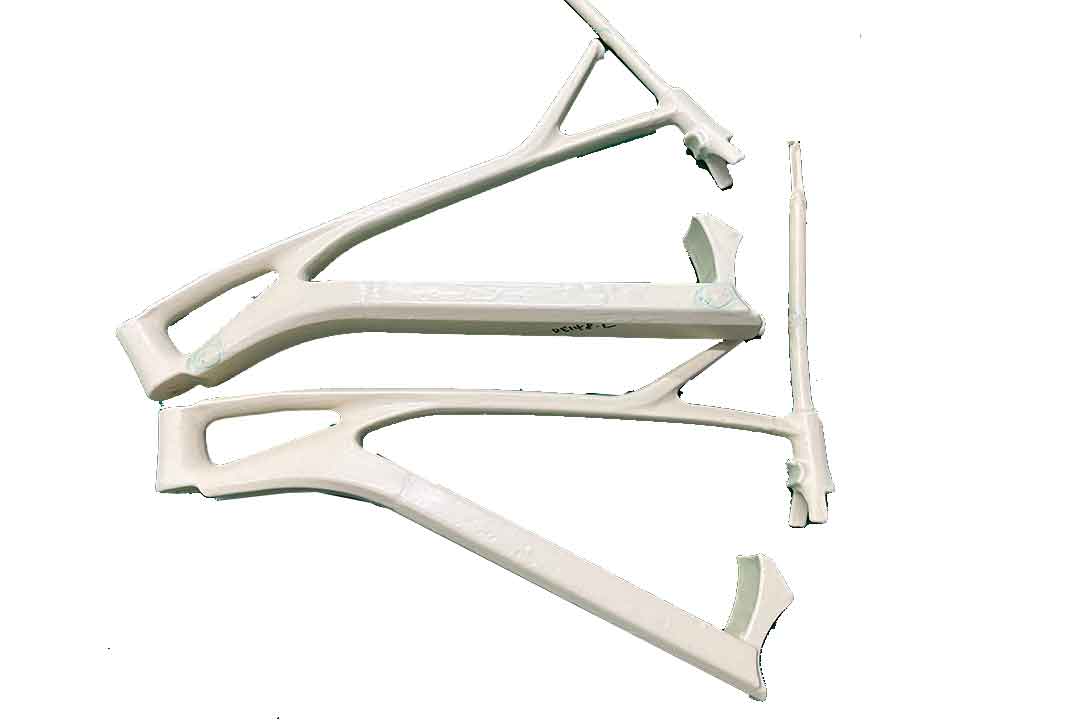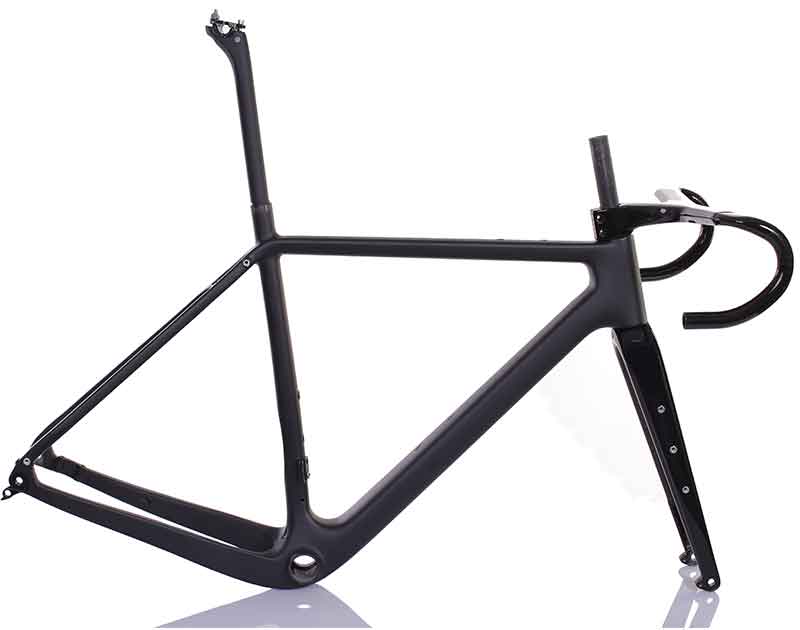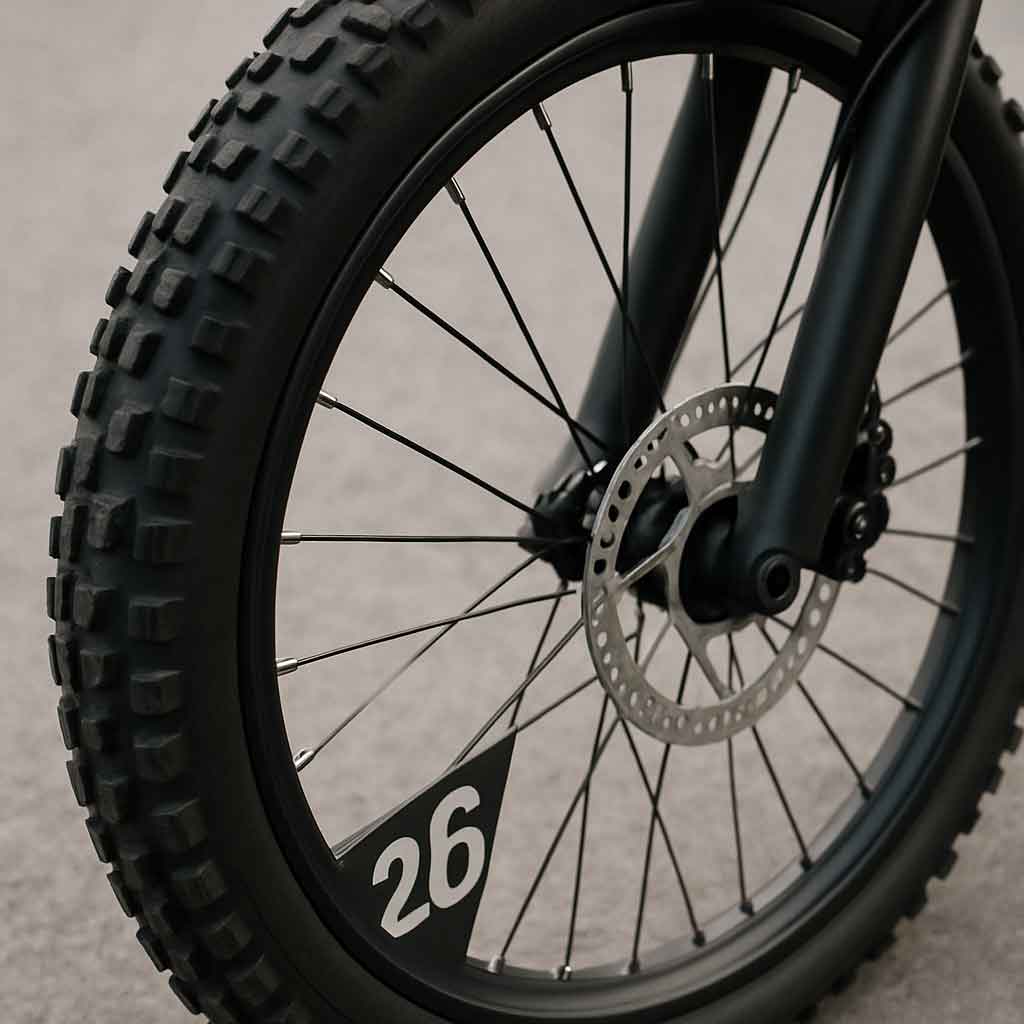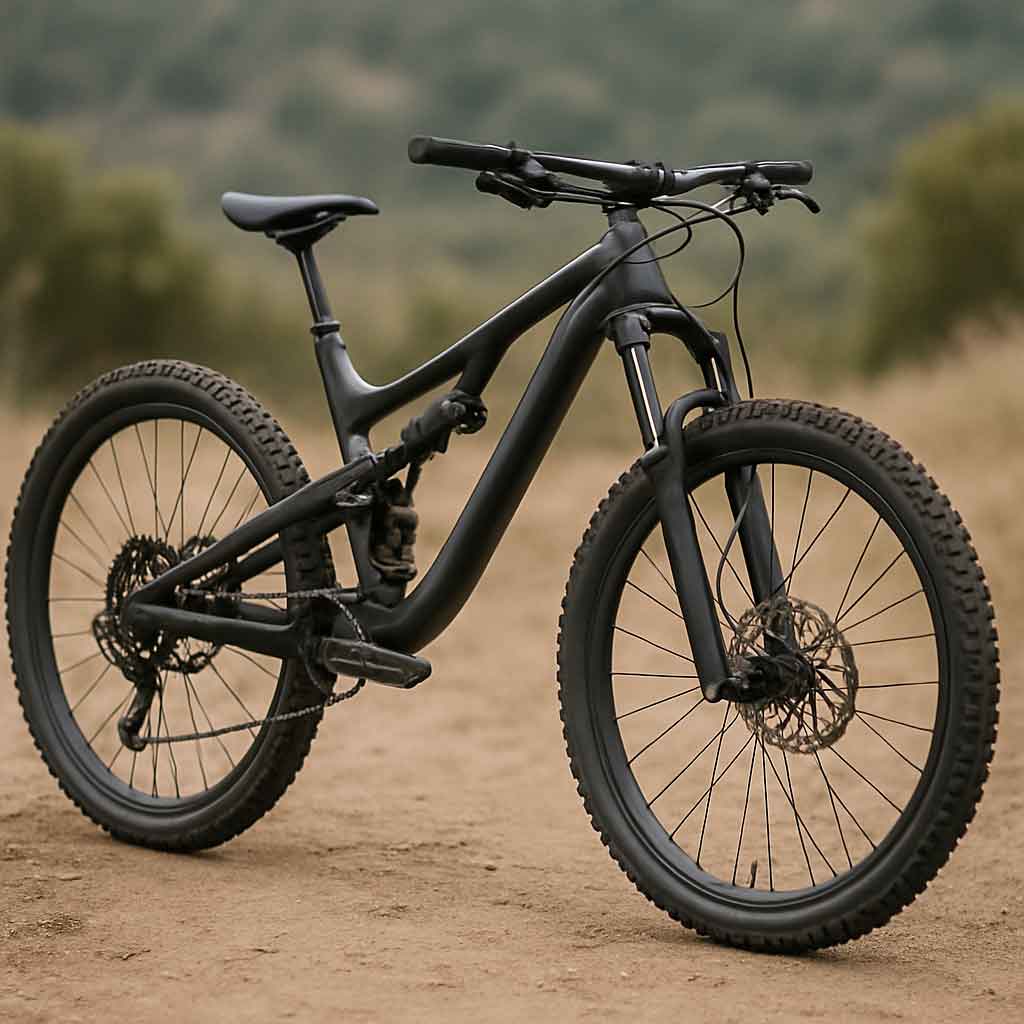Welcome to Mondince Bike - A well-known factory specialized in produce carbon bike frame and other parts since 2007.
The Ultimate Bike Size Calculator: How to Measure Your Inseam and Find the Perfect Fit
Bike Size Calculator: The Smart Way to Find Your Perfect Fit
Choosing the right bike size is the most important decision you'll make when buying a bicycle. While a Bike Size Calculator provides an excellent starting point, understanding how to use it properly makes all the difference between a comfortable ride and a painful experience.
How Bike Size Calculators Work: The Science Behind the Fit
Modern bike size calculators use sophisticated algorithms that consider multiple factors:
-
Your height and inseam measurements
-
Bike type and intended use
-
Manufacturer-specific geometry data
-
Riding style preferences
The best calculators don't just spit out a size - they explain why that size works and what adjustments you might need.
Critical Measurements for Accurate Results
Height Measurement Tips:
-
Measure barefoot in the morning
-
Stand against a flat wall with heels touching
-
Keep your head in a neutral position
Inseam Measurement Protocol:
-
Stand barefoot with your back to a wall
-
Place a hardcover book between your legs (spine up)
-
Pull upward to simulate saddle pressure
-
Measure from floor to book spine
These precise measurements ensure your calculator results will be accurate and reliable.
Advanced Interpretation: Understanding Your Results
When you receive your calculated size, look for these key details:
For Road Bikes (cm sizing):
-
Frame size recommendations
-
Suggested stem length
-
Seatpost height range
For Mountain Bikes (S/M/L sizing):
-
Size category with specific measurements
-
Standover height clearance
-
Recommended suspension settings
Calculator Limitations and Next Steps
While bike size calculators are incredibly useful, they have limitations:
What Calculators Can't Determine:
-
Your personal flexibility and riding preferences
-
Specific biomechanical considerations
-
Handling characteristics preferences
Always Follow Up With:
-
Manufacturer size chart verification
-
Professional bike shop consultation
-
Test ride when possible
Bike-Specific Calculation Considerations
Road Bikes:
Calculators focus on aerodynamic positioning and power transfer. Expect more aggressive fit recommendations.
Mountain Bikes:
Emphasis on maneuverability and control. Results typically suggest slightly smaller frames for better handling.
Hybrid/Commuter Bikes:
Focus on comfort and upright positioning. Calculators often recommend frames with higher stack heights.
Pro Tips for Calculator Success
-
Use Multiple Calculators: Compare results from different reputable sources
-
Measure Twice: Ensure accurate input data for reliable outputs
-
Consider Your Flexibility: If you're less flexible, you may want to size down for a more comfortable reach
-
Check Return Policies: Especially important when buying online based on calculator results
When to Seek Professional Help
While bike size calculators are excellent tools, certain situations warrant professional assistance:
-
If you're between sizes
-
For competitive cycling
-
If you have existing injuries or unique physical considerations
-
When investing in high-end bicycles
The Future of Bike Sizing
Emerging technologies are revolutionizing bike fitting:
-
AI-powered fit algorithms
-
Augmented reality fitting apps
-
3D body scanning technology
-
Virtual test rides
These advancements will make bike size calculators even more accurate and personalized in the coming years.
Conclusion: Calculator as Your First Step
A bike size calculator is an invaluable tool that takes the guesswork out of bike buying. However, it should be the beginning of your journey, not the end. Use the calculated size as your baseline, then refine through additional research and professional consultation. Remember: the right bike size transforms cycling from an activity into a passion.
By understanding how to properly use a bike size calculator and interpret its results, you're investing in countless miles of comfortable, efficient, and enjoyable riding. Your perfect bike adventure starts with the right fit.











